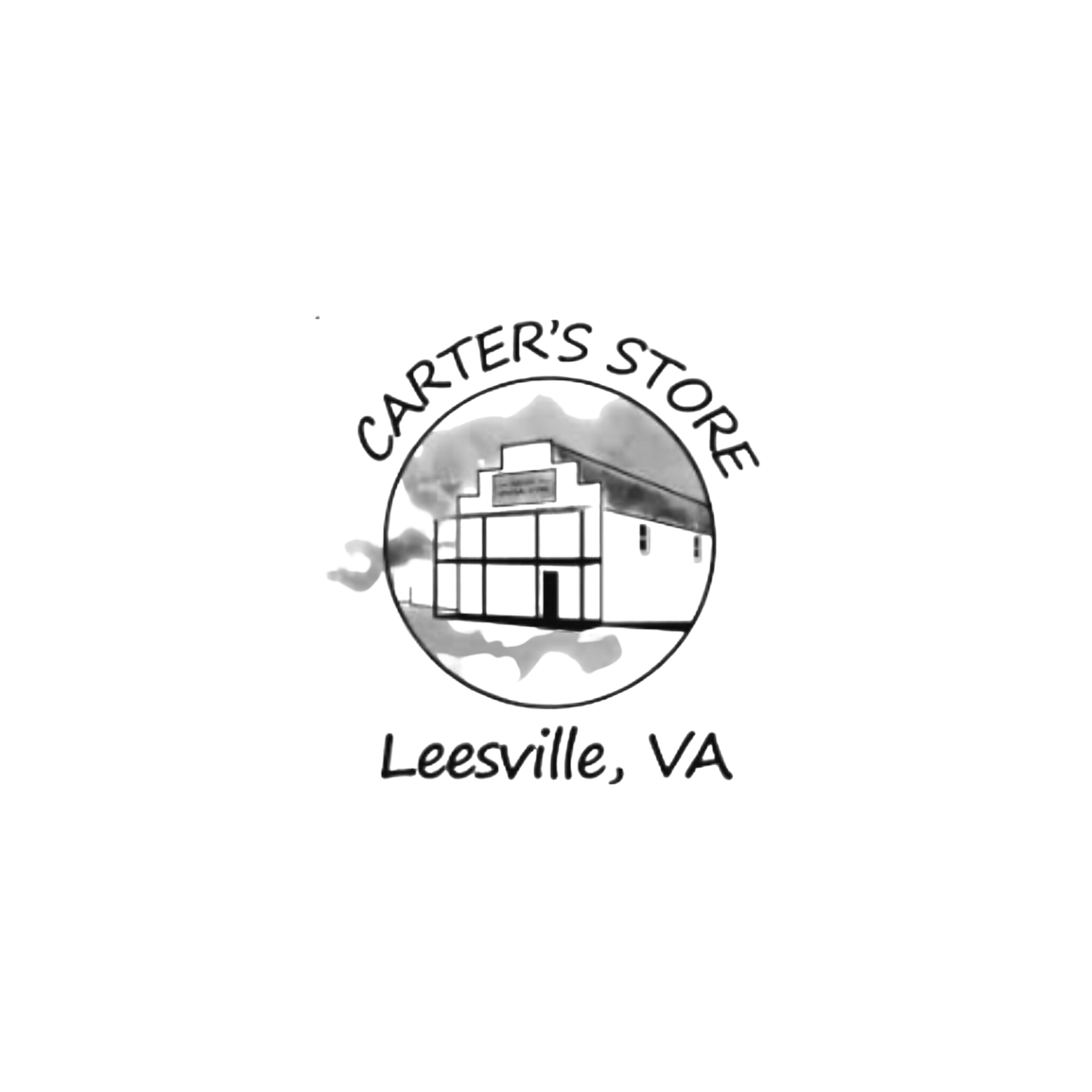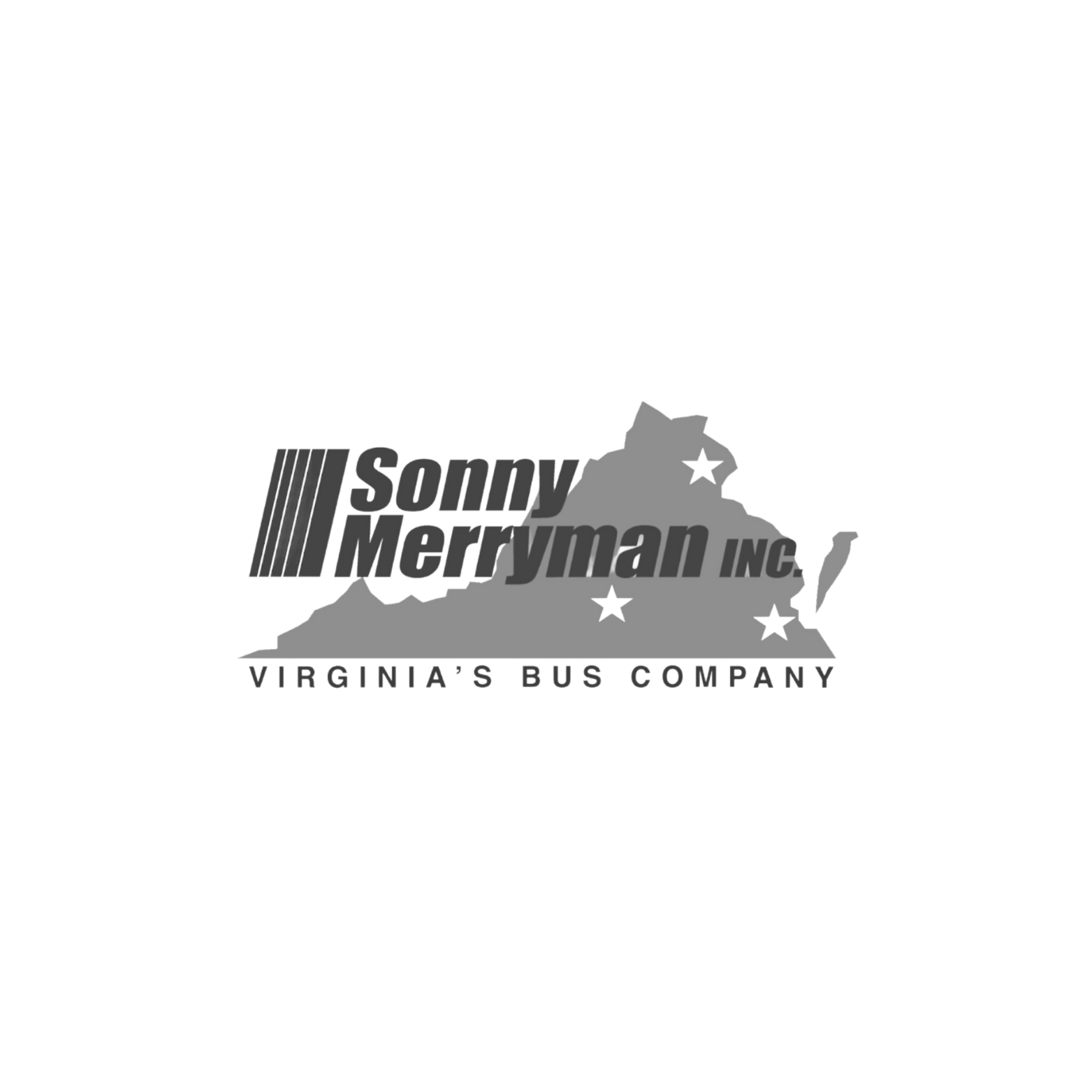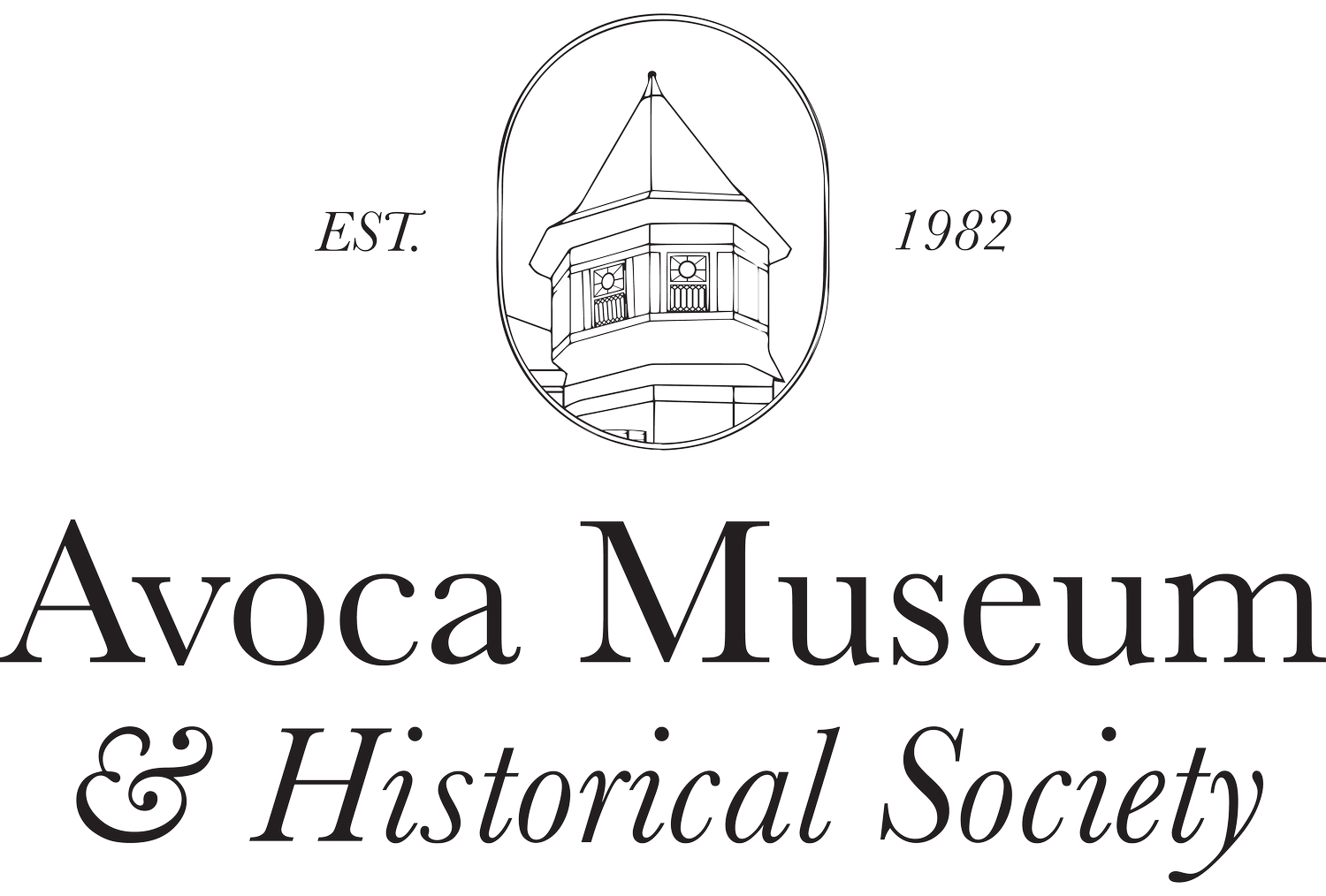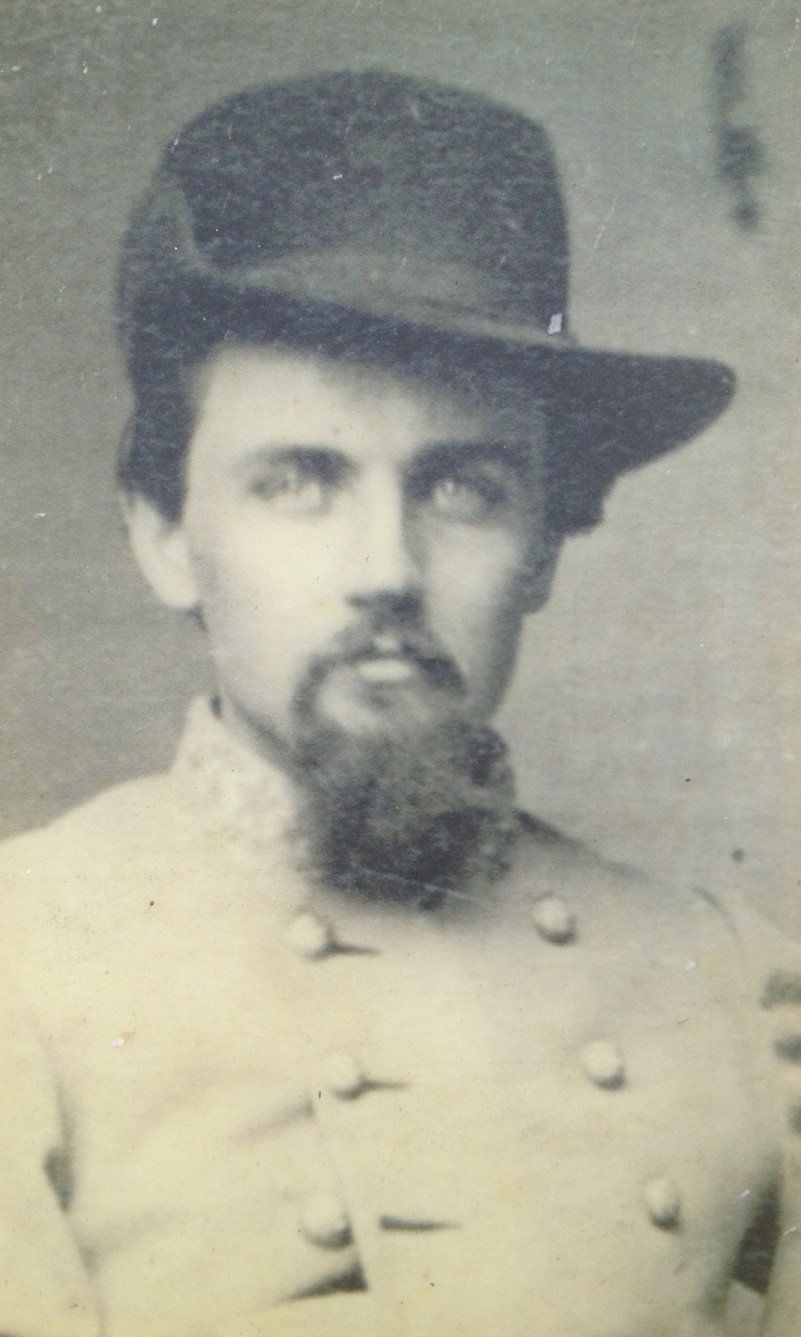Avoca’s History
Brig. Gen. James Dearing
James Dearing was born at Otterbourne (about a mile northeast of Avoca) on April 25, 1840. From an early age, he displayed a penchant for learning and military studies. During his childhood, he developed exceptional equestrian abilities and proved to be a very capable student. His education was funded through a trust left to him by his father, James G. Dearing, Sr., who died when younger James was only three years old.
Thanks to connections his uncle - Charles Henry Lynch of Avoca - had developed in his business and political career, James Dearing secured an appointment to the United States Military Academy at West Point, NY. While demonstrating a strong aptitude toward studies of a military flavor, young Dearing bristled against the strict, regimented life of a cadet. Despite his initial inclination to disenroll, Dearing stayed the course and distinguished himself as a scholar.
However, when the winds of war began to blow on the eve of the Civil War, Dearing suspected that he would be leaving West Point to proffer his services to the Confederate States Army. His prognostication was soon realized after Virginia seceded from the Union in the spring of 1861. Interestingly, Dearing joined a Louisiana artillery battery from New Orleans popularly referred to as the "Washington Artillery". Even though the artillery was not the ideal arm of the service through which to rise in rank quickly, Dearing quickly won renown as a capable battery commander and skilled tactician.
Following Dearing's performance at the Battle of Gettysburg (July 1-4, 1863), he was assigned to detached duty in the vicinity of Plymouth, NC. It was at this time that Dearing was transferred into the cavalry as a brigade commander, but he was quickly summoned to rejoin Gen. Robert E. Lee's Army of Northern Virginia as a horse artillery commander. Shortly thereafter, his branch of the service quickly changed again - this time he was transferred back to the cavalry. He would remain in this appointment throughout the war as the ranking officer in the famous Laurel Brigade. (Note: Dearing was tapped for promotion to brigadier general in April of 1864. However, the Confederate Congress did not formally approved. Regardless, Dearing still functioned in that role through the remainder of the conflict.)
Before playing a key role in preventing the capture of Petersburg by Lt. Gen. Ulysses S. Grant in June of 1864, Dearing married a Petersburg-area debutante named Roxana Birchett on January 27, 1864. With her, Dearing fathered a daughter named Mary Lucretia Dearing. Dearing's proximity to his wife during the seige of Petersburg provided him occasions of respite with his new bride.
Dearing’s honed abilities could not prevent the Confederate evacuation of Richmond and Petersburg on April 2–3, 1865. With the Union army in close pursuit, Lee’s only hope of a successful retreat to North Carolina lay in securing and crossing the strategically crucial High Bridge on the South Side Railroad four miles east of Farmville. Lee assigned the task to young Dearing, who captured a force of Union cavalry and infantry there on the evening of April 5-6. In the melee, a bullet that pierced both of his lungs mortally wounded him. Dearing was removed from the battlefield to the Ladies Relief Hospital in Lynchburg for treatment, but he died on April 22 (although other accounts state that he died on April 23). The High Bridge engagement was the last victory for the Army of Northern Virginia. Three days later, Lee surrendered the army to Union Gen. Ulysses S. Grant at Appomattox Court House, ending the war in Virginia.
Dearing was buried in Avoca’s family cemetery on April 25, 1865. That date would have been his twenty-fifth birthday. In 1902, his body was disinterred from the Avoca burial ground by his widow and reburied in the Christian family plot in Spring Hill Cemetery, Lynchburg.
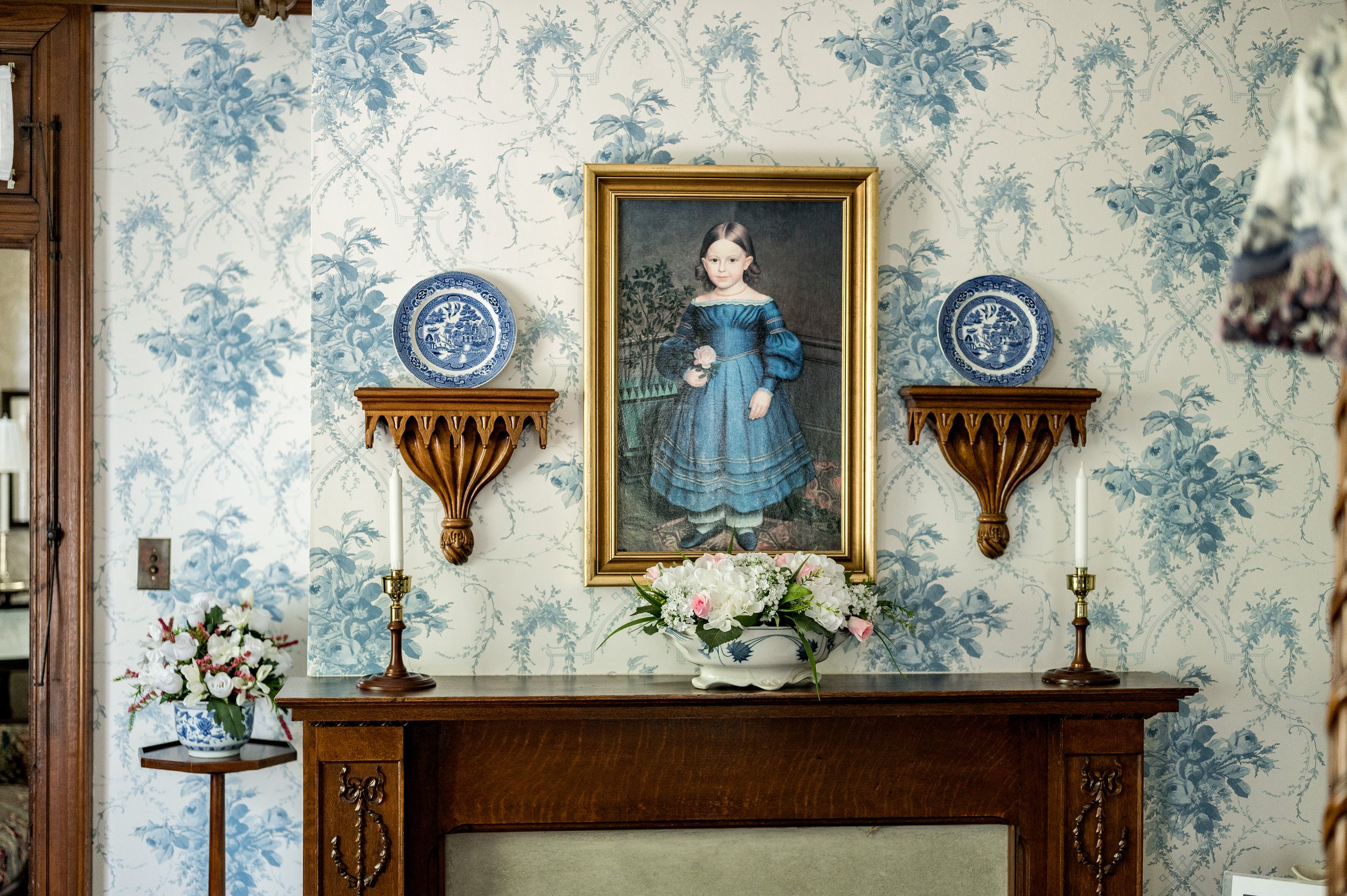
Juliet Fauntleroy
Juliet Fauntleroy, a devoted and determined woman from Altavista, played a pivotal role in preserving the cultural heritage of rural Virginia through her collection of folk music. As a teacher during the Great Depression, she encouraged her students to contribute to her collection of Native American artifacts. Inspired by the Virginia Folk-Lore Society, she embarked on a mission to document local folk songs, overcoming opposition and gathering a wealth of knowledge from everyday people in the community. Juliet Fauntleroy's dedication ensured that these cherished ballads, passed down orally through generations, were not lost to time, safeguarding a significant piece of American history for future generations.
Special thanks…
Avoca Museum would like to thank our generous annual sponsors!



